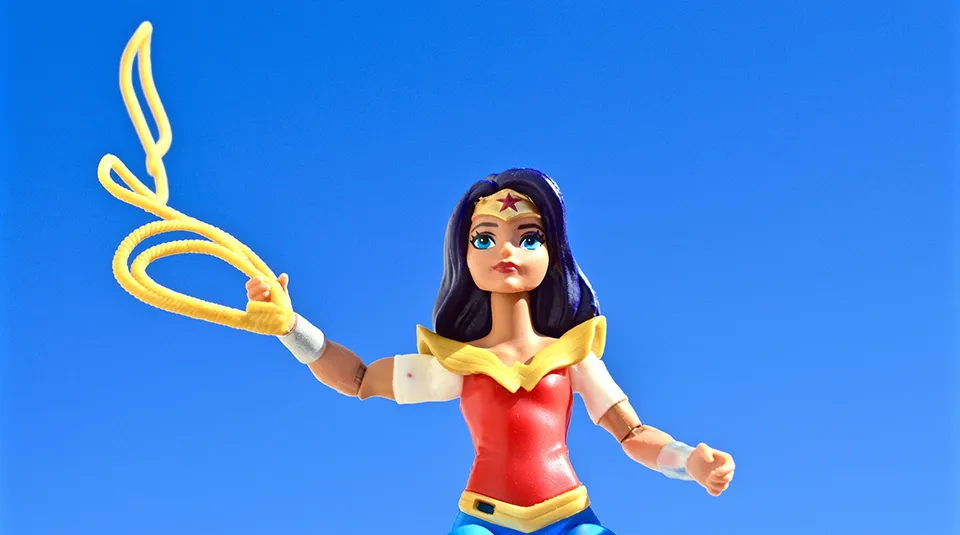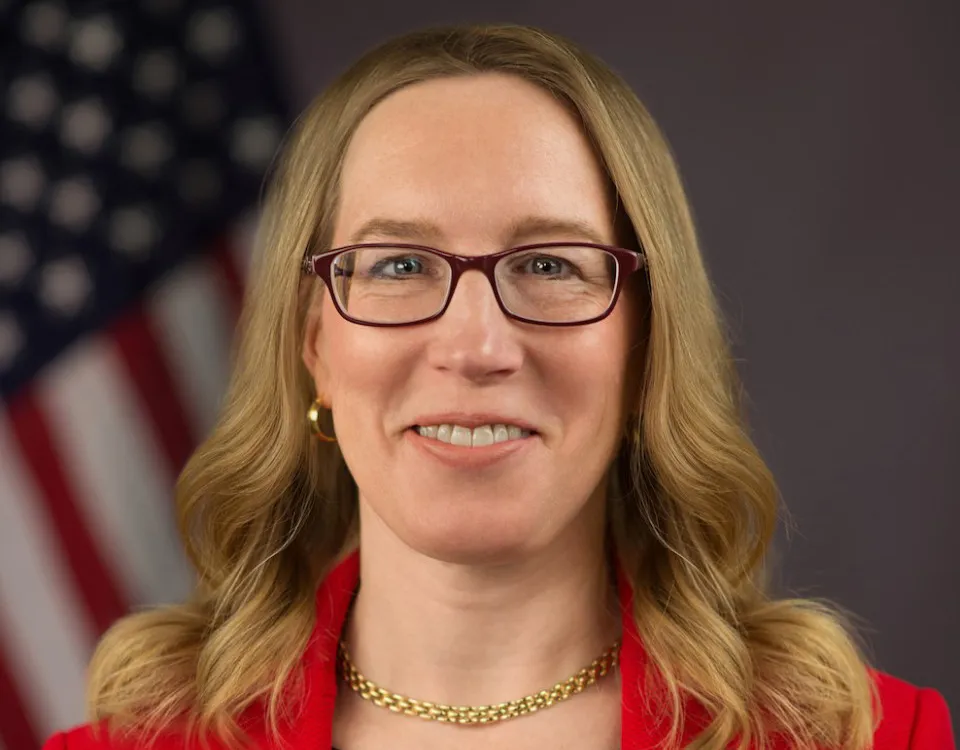If you can’t yet get equality, perhaps you can settle for being a superhero while you wait. India’s Kotak Mahindra has less than a quarter of its bank workforce made up of women – and that’s pretty good by national standards – but on the bright side, Kotak now refers to its female employees as Kotak Wonder Women.
They may not have swashbuckling wristbands and tiaras like Lynda Carter/Gal Gadot (delete according to your age), but Kotak’s Wonder Women do at least have some more practical benefits. In February, the bank announced a new mother benefit policy to give financial support for a year after mothers return to work in order to support childcare. It also offers flexible work hours.
In February, the bank announced a new mother benefit policy to give financial support for a year after mothers return to work in order to support childcare
“Kotak has always been sensitive to developing a better work culture for Kotak Wonder Women,” says (Mr) Sukhjit Pasricha, president and group chief human resource officer at Kotak Mahindra Bank.
Measures like the new mother policy are essential in addressing a deep and chronic gender imbalance in Asia-Pacific banking. Outside of private wealth, where the large number of women relationship managers tends to change the balance, women are badly represented at senior levels across banking in both local and international houses.
For example, an Asiamoney survey of women in the workforce in late 2020 found that, while the proportion of women employees among total staff ranged from 41% to 57% at international banks in Asia, among senior management that figure dropped to 17% to 35%, with Morgan Stanley the worst.
Deeds
However, there are some signs of progress. Also in February, Citi revealed the proportion of women who serve in roles between AVP and MD at the bank in Asia. The figure is 41.5% in Asia, up from just under 40% two years ago, and this year Citi promoted 18 women to MD in the region, the most in its history.
In Taiwan, women account for 60% at this level of seniority, more than 50% in China and 48.6% in Asean.
Citi says it has hired hundreds of female employees in the AVP to MD bracket in the last two years, and highlights more flexible return-to-work programmes post-maternity, as well as mentoring and support initiatives for young female talent. Women country heads at Citi include China, Hong Kong and South Korea, the bank says, as well as heads of equities, and operations and technology.
But let’s not get carried away. Those 18 MD promotions are out of 52 in total. So, way up on the six out of 29 in 2017, but still only just over a third.
As for Kotak, its intentions appear to be noble, even if the messaging appears – how shall we put it? – archaic.
“Any mother who returns to work post child delivery practically leaves a piece of her heart at home,” the bank says. “We endeavour to keep doing more and more on this front.”




